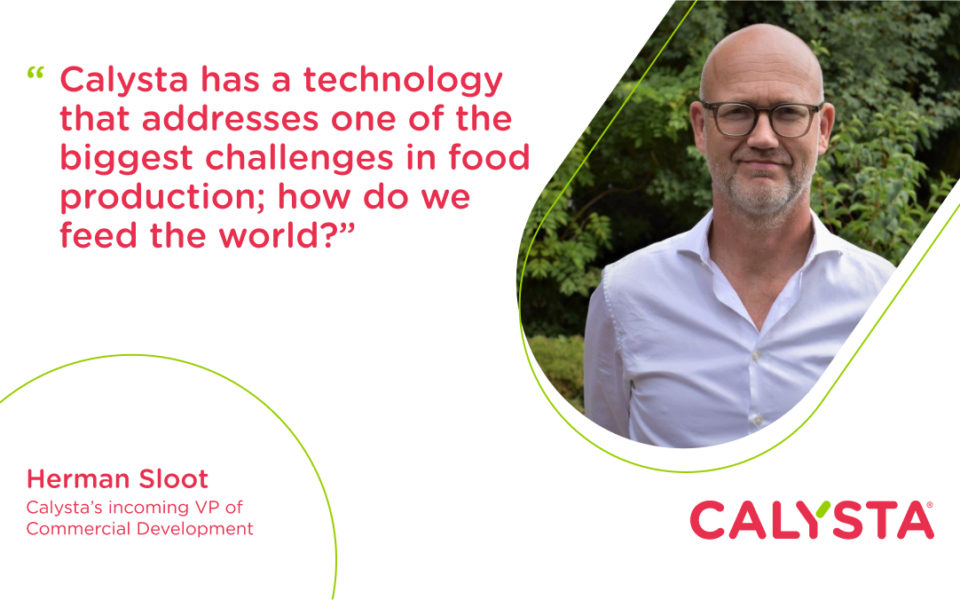Why we need protein without limits
By Herman Sloot
In the future, one of our biggest challenges will be how we feed the world. We are in a unique situation where global food insecurity has been accelerated by a number of factors, including conflict, disease, droughts and supply chain issues.
How do we create protein for 10 billion people?
We need sufficient food to feed the growing human population, and protein is one of the most important ingredients for us to solve. So how can we assure there is enough? More animal proteins cannot be the solution. And more plant proteins? We can’t keep flattening rainforests for soy. The current protein world, predominantly of animal and plant origin, is pushing conversion rates, land and water use to the limit.
Consumers are also increasingly more conscious of the impact of their food choices. Today, we even see traditional ‘meat’ companies introducing alternative vegetarian/vegan protein products, signalling a shift in taste and preferences. However, these options (often soy or vegetable proteins) aren’t without the limitations outlined above, and often have difficulty scaling.
The impact on our pets
The pinch on protein for humans also affects our pets. Pet food manufacturers need quality, safe protein ingredients to make quality pet food – something that becomes harder to achieve when we are struggling for enough protein to feed humans.
Also, the pet food industry is expected to grow by more than 5% p.a. between 2022 and 2027. In pet food, historically, rendered animal proteins play a significant role as supply. However, global meat industry will only develop at moderate growth rates. So the question is how can pet food leverage its growth opportunity, if the current supply of ingredients does not keep same pace?
The solution
It’s clear the industry need additional options, besides the existing ones. Fermentation technology will be a larger part of the answer – for both human food and our pets too. Calysta is the first of its kind to build an industrial-scale fermentation facility for protein. As well as providing a reliable and consistently high quality ingredient, our protein requires no arable land, uses no plant or animal matter in its production and uses very little water – making it the sustainable choice for secure food.
I look forward working with the industry to explore our joint opportunities!
Get in touch with Herman: [email protected]

